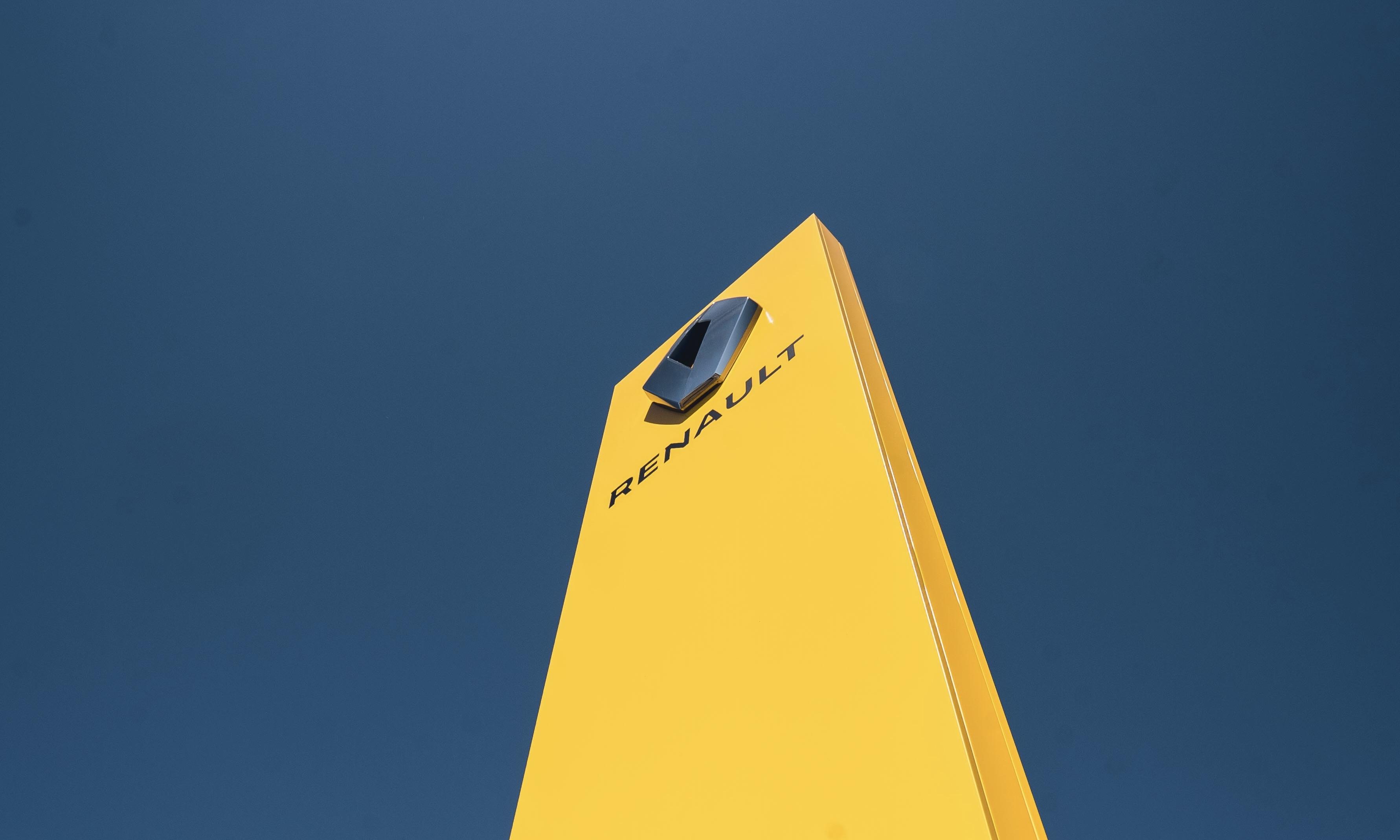Renault Korea Motors' ambitious plan to produce 200,000 electric vehicles (EVs) annually in Busan is in jeopardy, as top domestic battery manufacturers, including LG Energy Solution, SK On, and Samsung SDI, appear hesitant to increase local production. The lack of battery supply has prompted Renault to reconsider its strategy and explore alternative suppliers like those in China.
Renault's executive team, including Senior Vice President Francois Provost and Guido Haak, expressed concerns about securing adequate EV batteries during their recent meetings with Korean officials, including the prime minister and the Busan mayor. The carmaker hinted that it might nullify its plan to produce EVs in Korea if it fails to secure enough batteries and has been seeking alternatives such as Chinese batteries.
At a recent conference, Renault Korea Director Park Jeong-ho highlighted the importance of boosting communication channels between carmakers and battery manufacturers. However, Korean battery makers seem to prioritize their investments in the U.S. and European countries, where they receive larger incentives, dealing a blow to Renault's efforts.
The uncertainty regarding Renault's EV production capacity in Korea has highlighted the dire need to strengthen Korea's EV battery production capabilities and communication channels between different stakeholders.
Renault Group is trying hard to secure Korean batteries in compliance with international trade standards since its electric vehicles are a crucial part of its product range. And while Chinese batteries can be an alternative, Renault is not very impressed and clarified that the company might not follow through with its plan to manufacture EVs in Korea without sufficient batteries.
Despite their efforts, Renault Korea Director Park Jeong-ho admitted that investing is difficult when the battery supply is short. Simply put, they have difficulty securing batteries in Korea to export to Europe.
Korean battery companies may have turned their attention to investments in the U.S. and Europe due to larger incentives - making Renault's goal of producing 200,000 electric vehicles annually in Korea all the more challenging.
Amidst the challenges, Renault is now appealing to battery manufacturers to work with them and General Motors to secure the needed batteries for their electric vehicle production.
Photo: Sébastien Chiron/Unsplash



 Dollar Near Two-Week High as Stock Rout, AI Concerns and Global Events Drive Market Volatility
Dollar Near Two-Week High as Stock Rout, AI Concerns and Global Events Drive Market Volatility  An unexpected anomaly was found in the Pacific Ocean – and it could be a global time marker
An unexpected anomaly was found in the Pacific Ocean – and it could be a global time marker  RBI Holds Repo Rate at 5.25% as India’s Growth Outlook Strengthens After U.S. Trade Deal
RBI Holds Repo Rate at 5.25% as India’s Growth Outlook Strengthens After U.S. Trade Deal  South Africa Eyes ECB Repo Lines as Inflation Eases and Rate Cuts Loom
South Africa Eyes ECB Repo Lines as Inflation Eases and Rate Cuts Loom  Baidu Approves $5 Billion Share Buyback and Plans First-Ever Dividend in 2026
Baidu Approves $5 Billion Share Buyback and Plans First-Ever Dividend in 2026  How is Antarctica melting, exactly? Crucial details are beginning to come into focus
How is Antarctica melting, exactly? Crucial details are beginning to come into focus  TSMC Eyes 3nm Chip Production in Japan with $17 Billion Kumamoto Investment
TSMC Eyes 3nm Chip Production in Japan with $17 Billion Kumamoto Investment  Vietnam’s Trade Surplus With US Jumps as Exports Surge and China Imports Hit Record
Vietnam’s Trade Surplus With US Jumps as Exports Surge and China Imports Hit Record  Ford and Geely Explore Strategic Manufacturing Partnership in Europe
Ford and Geely Explore Strategic Manufacturing Partnership in Europe  LA fires: Fast wildfires are more destructive and harder to contain
LA fires: Fast wildfires are more destructive and harder to contain  Extreme heat, flooding, wildfires – Colorado’s formerly incarcerated people on the hazards they faced behind bars
Extreme heat, flooding, wildfires – Colorado’s formerly incarcerated people on the hazards they faced behind bars  Toyota’s Surprise CEO Change Signals Strategic Shift Amid Global Auto Turmoil
Toyota’s Surprise CEO Change Signals Strategic Shift Amid Global Auto Turmoil  SpaceX Prioritizes Moon Mission Before Mars as Starship Development Accelerates
SpaceX Prioritizes Moon Mission Before Mars as Starship Development Accelerates  CK Hutchison Launches Arbitration After Panama Court Revokes Canal Port Licences
CK Hutchison Launches Arbitration After Panama Court Revokes Canal Port Licences  Prudential Financial Reports Higher Q4 Profit on Strong Underwriting and Investment Gains
Prudential Financial Reports Higher Q4 Profit on Strong Underwriting and Investment Gains 































